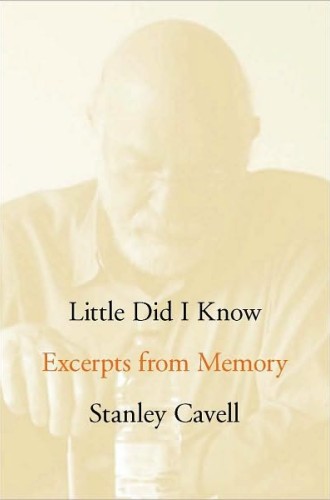Language games
More books have been published about Stanley Cavell than he has written himself. Cavell notes wryly in this memoir that many of these commentaries aim to introduce him to the philosophical world and that he remains an "outsider" in the philosophy establishment—as much an outsider as a Harvard professor can be.
So who is Stanley Cavell—and why is one review of his work titled "The avoidance of Stanley Cavell"?
To understand why Cavell is constantly being introduced or avoided requires a brief history of modern philosophy. But we might begin with a more preliminary question: why should anybody be interested in philosophy? Most people don't seem to be. Philosophers tend to ask profoundly puzzling questions which, on second thought, appear to be profoundly uninteresting.






